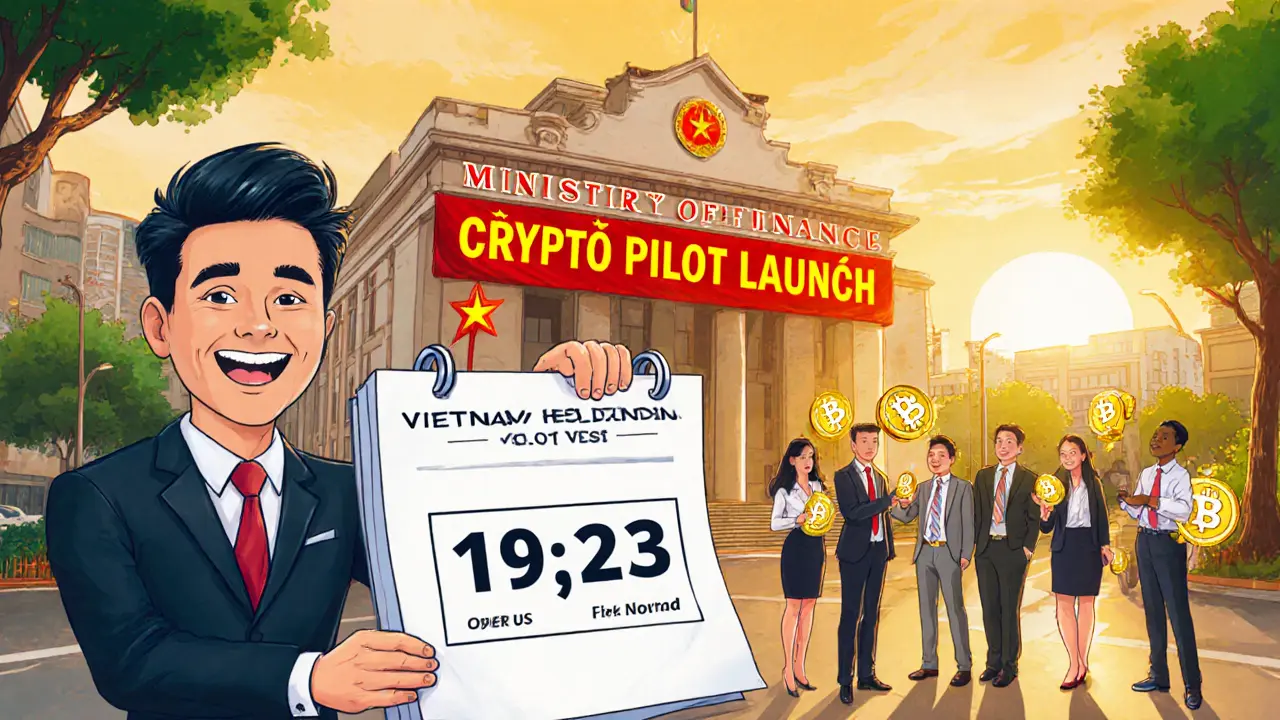Cryptocurrency Regulation Vietnam: What You Need to Know
When working with Cryptocurrency Regulation Vietnam, the set of rules that govern digital assets, token offerings, and crypto‑exchange operations within Vietnam's borders. Also known as Vietnam crypto regulation, it shapes how investors, developers, and exchanges can operate in the country. The government treats crypto assets as property, which means every transaction triggers tax reporting and every platform must obtain a license. cryptocurrency regulation Vietnam therefore encompasses licensing requirements, tax obligations, and compliance checks that affect both local startups and foreign players. Understanding these rules is crucial because they determine market entry strategies, influence token utility, and affect the overall health of Vietnam’s burgeoning crypto ecosystem.
One of the core components is Vietnam Crypto Exchange Licensing, a formal approval process issued by the Ministry of Finance that allows an exchange to offer trading services to Vietnamese residents. The license demands robust KYC/AML procedures, audited financial statements, and a minimum capital reserve. Another related entity is Vietnam Digital Asset Taxation, the tax framework that classifies crypto gains as taxable income, requiring annual reporting to the General Department of Taxation. Tax rates vary based on holding periods and transaction volumes, with short‑term trades taxed at personal income rates and long‑term holdings enjoying lower rates. Vietnam Blockchain Governance, the set of policies that guide blockchain adoption, smart‑contract standards, and public‑ledger usage, influences how DeFi projects can launch and interact with local services. Finally, Vietnam Securities Law, the legal framework that determines whether a token is treated as a security, affecting ICO registration and investor protection rules, plays a decisive role in token classification. Together these entities form a network: the regulation encompasses licensing, which requires compliance with tax and securities statutes, while blockchain governance shapes the technical standards that exchanges must follow.
Below you’ll find a curated list of articles that unpack each piece of this puzzle. From deep dives into exchange licensing procedures to step‑by‑step guides on filing crypto taxes in Vietnam, the collection offers practical insights you can apply right away. Whether you’re a trader looking to stay compliant, a developer planning a token launch, or a business eyeing the Vietnamese market, the posts provide the details you need to navigate the regulatory landscape with confidence. Dive in and discover how to align your crypto activities with Vietnam’s evolving legal framework.
Vietnam's five‑year crypto pilot, launched in 2025, legalises crypto trading through licensed providers. Learn the framework, compliance steps, risks, and what investors should watch.

